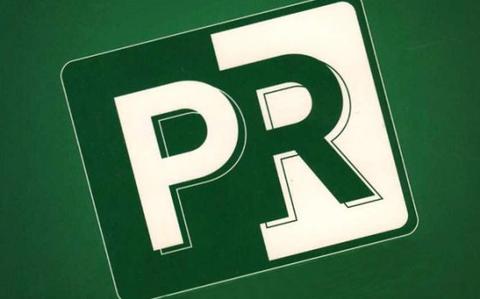Posts Tagged ‘successful public relations campaigns campaigns’

TOP 12 TIPS TO ENGAGE THE MEDIA
Getting the attention of top-tier and targeted media outlets in today’s media-frenzied world is crucial to increasing public interest in any business, product, or person. Media placements, be it a news story, a human-interest story, or a product review, impacts how the consumer gathers knowledge, learns about trends, and makes decisions.
The job of any good PR specialist is to understand the inner-workings of the media so they can recognize what, when, how and to whom to pitch a story that gets media attention and ultimately the attention of consumer.
The good news is that all media outlets need content, be it hourly, daily, weekly, or monthly. So how does the media determine what stories to cover? And what does a PR pro do to engage the media?
Be it Google or Yahoo, a broadcast news program, a radio show, a magazine, a local newspaper, or a blog, media coverage for your client is key to any successful PR campaign.
While there is no magic formula, AJGpr offers some insight and 12 tips on how a PR specialist or publicist can best engage the media.
- First and foremost ask yourself this question. Is your story/news item actually interesting, important, relevant, or “newsy” enough to warrant attention?
- Does the story write its own headline?
- Does it affect a lot of people, or have relevance to a large sector of the population?
- Does it help resolve or answer a current national or local news question?
- Does it offer an interesting argument, debate, or conflict?
- Is it a medical breakthrough or provide answers to recent research, studies, and surveys?
- Is it a human-interest story? Does it evoke humor or sadness? Is it offbeat or quirky?
- Is it a new product that will change peoples’ lives?
- Is it celebrity related? Famous people tend to get more news coverage than the average Joe.
- Do your research. You must be familiar with the media outlet before you pitch. There is nothing that aggravates a producer/editor more than a PR specialist who haphazardly pitches and presents cookie-cutter releases without understanding the needs of the producer/editor.
- Know the media outlets audience. A media outlet or publication that specializes in a topic (e.g. health, women’s interest, sports, parenting) will have a different focus, or different ideas about what is newsworthy and what isn’t. Both localized and national media outlets have their own set of requirements on what they will or will not run.
- Share your pitch with the right producer/editor. Don’t pitch to someone who doesn’t cover the topic you want featured. Find out as much information as you can about them. Know what stories have been produced/published by the producer/editor – and perhaps make mention of that in your pitch.
- Build and honest and casual relationship with producers/editors. Know their first and last name. And most important — respect their time – and when they are on deadline (which is often the case). Bombarding them with email and phone calls will not make them your ally.
- Try to have face time to introduce yourself and your clients when possible. While producers/editors are busy they are often amenable to desk-side meetings. This personal rapport helps you establish trust and long-term relationships.
- Write pitches that are personal and pertinent. Pitches must have a unique/simple angle to avoid ending up in the trash. Remember, the media needs good stories, but be wary of sounding too much like a sales pitch.
- Offer a compelling quote a snazzy sound bite that will stick in the minds of their viewers, listeners or readers.
- Using visuals — photos/ videos that are high quality can enhance your written pitch.
- Offer samples – a book, a product. But send ONLY if requested. Unsolicited books/products often remain unopened.
- Create compelling subject titles when pitching by email. Producers/editors get inundated with email. Make yours stand out. An enticing subject is your next priority after your pitch has been crafted.
- Follow-up is key. Today, producers and editors tend to choose email over the phone to respond to pitches. But if your email pitch falls on deaf ears, don’t be afraid to follow-up by phone and then again by email.
- Once a producer/editor is engaged or shows interest in your story, respond to there query or request for product promptly.
- Always be gracious. It is never too much to say thank you. After a segment has aired or story makes it to print. Draft a quick note of thanks to the producer/editor. This will help secure long-lasing relationships with your media contacts.
Follow these 12 tips and you are on your way to getting media attention for your client managing a successful PR campaign.






